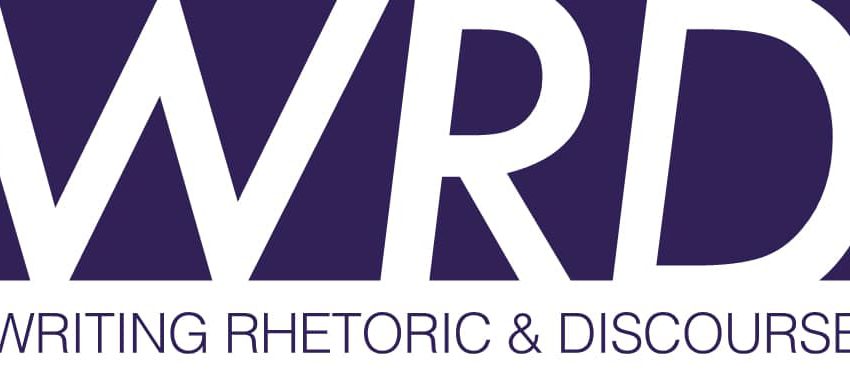A new course offered in the autumn quarter of 2014 gave MA in WRD students the opportunity to recover and reinscribe women rhetors in the rhetorical canon. According to Professor Nicole Khoury, the special topics course, WRD 511: Feminist Rhetorical Practices, provides a necessary balance to more traditional classes in the rhetorical tradition.

Of the course’s benefit to MA in WRD students, Professor Khoury says,
the focus on gender discourse within rhetorical studies is an important one, particularly because women’s voices are often silenced and their contributions are overlooked in conventional courses on rhetoric studies. This course provides students with an understanding of the ways our field is shaped by Western rhetorical tradition, and highlights scholarship that challenges this tradition.
Course readings and discussion explored a diverse group of women who have traditionally been omitted from the rhetorical canon, from Aspasia of Miletus to female novelists in Communist China. Because many readings focused on women in history, the texts also invited students to consider their approach to texts from different cultures. According to Khoury, these considerations guide her pedagogy. She and her students explored questions such as:
- How do we read and approach texts from different cultures?
- How do we imagine, connect with, and open up a space for the women—and others—we study?
- How do we respond to and represent historical subjects when we discover that we may not share their values and beliefs?
In addition to studying examples of feminist rhetors, the course also focused on the methodologies of feminist rhetorical study. Course readings explored new methods of historiography and the unique ways feminist rhetorical scholars research and publish their materials.
For the course’s final paper, students put these methodologies into practice by using the feminist rhetorical practice of “Critical Imagination” to think above, around, and beyond the research they gathered. Students then produced final papers which explored new possibilities and areas of study in feminist rhetorics in wide-ranging fields.
